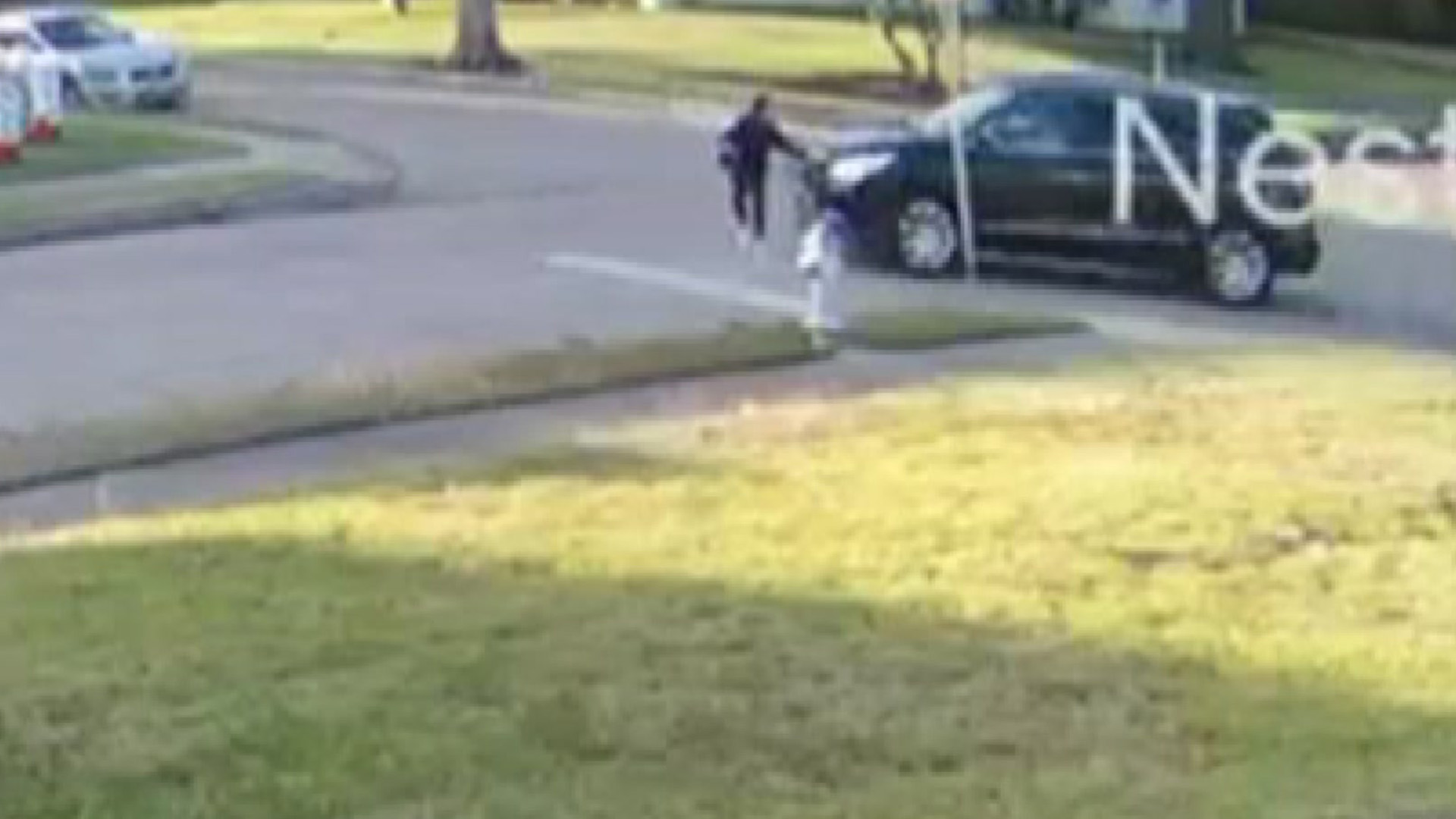On Friday, Dallas County Judge Clay Jenkins issued an emergency declaration for the monkeypox outbreak.
County health director Dr. Philip Huang said Friday, the updated total case number is 215; 98% of cases are in men who have sex with men. No pediatric cases have been reported in Dallas County.
Dallas County received a shipment of about 5,000 doses of the JYNNEOS vaccine last week.
People eligible for the monkeypox vaccine include men who have sex with men, if they have had multiple or anonymous partners in the last two weeks and anyone who's had intimate contact with another infected person.
Get top local stories in DFW delivered to you every morning. >Sign up for NBC DFW's News Headlines newsletter.
Dallas County officials say they do not have enough vaccines to offer to anyone who wants one.
Jenkins said the county will use the emergency declaration to try and get more doses of the vaccine, which are being distributed by the federal government.
The health department is working with several community partners like Prism Health North Texas, Parkland Health, Abounding Prosperity, AIDS Healthcare Foundation, and Community Health Empowerment to administer the vaccine.
Local
The latest news from around North Texas.
"We have the most monkeypox cases in the state of Texas," said Jenkins in Friday's press conference. "We're going to defeat monkeypox through tracing the people who have been in contact with a person with monkeypox, testing them and getting the vaccine out to the most vulnerable populations."
Huang confirmed Friday that positive monkeypox specimens have been detected in the county's wastewater, indicating community transmission.
If you suspect you are at high risk, you may call 972-692-2780.
DCHHS reports on its site that it is currently experiencing a high number of calls.
The declaration follows similar moves in California, New York and Illinois along with the White House and World Health Organization.
They’re warnings UNT Health Science Center Assistant Professor of Infectious Disease Epidemiology Dr. Diana Cervantes said, in part, aim to grab attention.
“There really needs to be a more general awareness of the situation, how it's transmitted, who's at most risk and how to protect yourself,” said Cervantes.
When ranking that threat, Cervantes said high-risk activities include skin-to-skin contact with someone infected or really anything up close and personal.
“That is really sustained, prolonged contact, so any intimate contact, any really up close face contact, cuddling, snuggling, those types of activities,” she said.
Cervantes said those who live in a household with someone infected are at medium risk for contracting the virus. And though monkeypox can spread through respiratory droplets, it’s unlikely to do unless two people are in extremely close proximity, making everyday activities for most low risk.
“Just the general public, let's say you're out in the grocery store, you're doing your day-to-day things and you're worried about going to the store touching items, maybe passing somebody by the store who may be affected is at a risk, that's extremely low,” said Cervantes.
Still, as local leaders scramble to secure more vaccines, she said everyone should be aware of the risks.
“It is not just something that is limited to men who have sex with men, that that's the only way you can get it. It’s any type of close, intimate contact,” she said.




